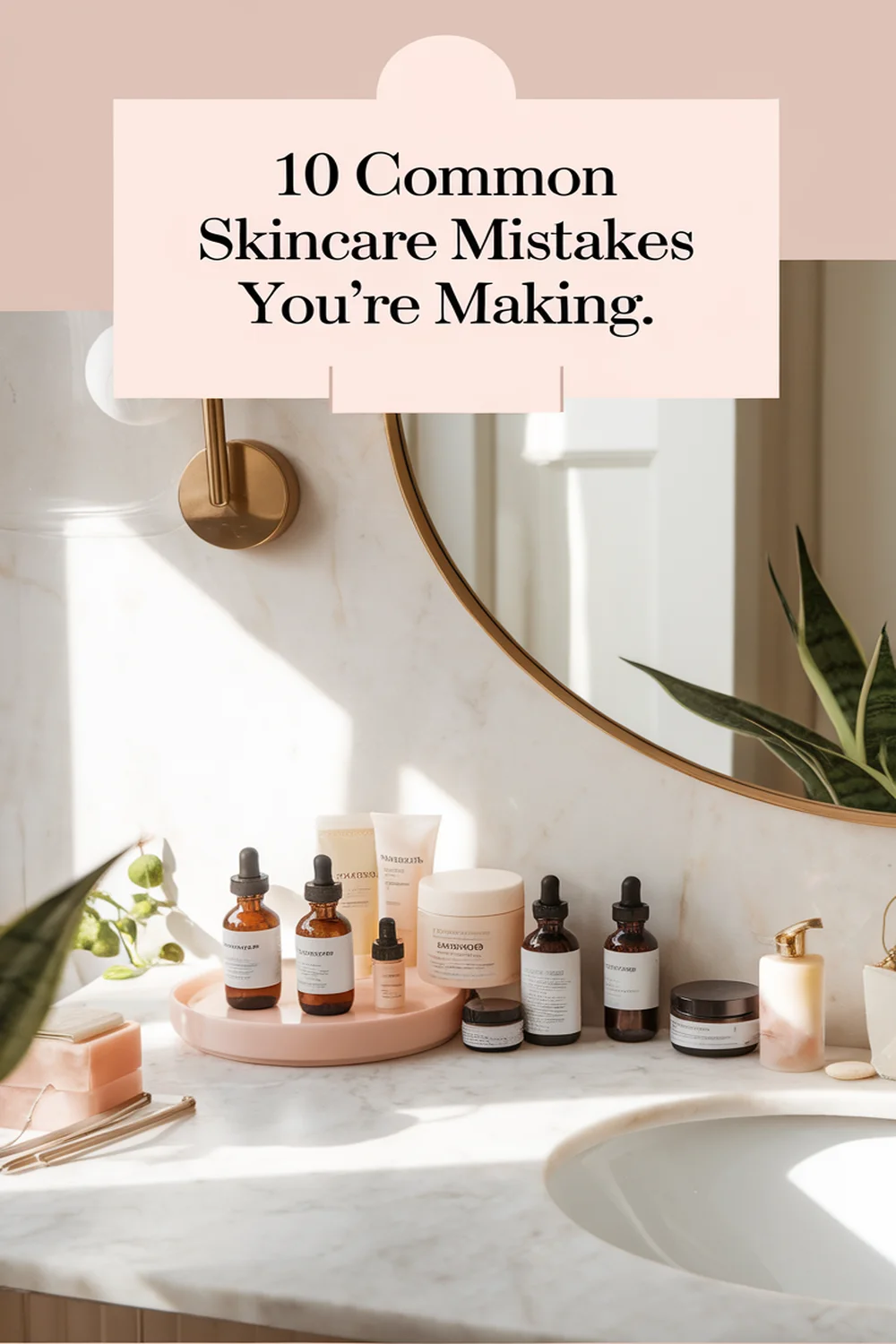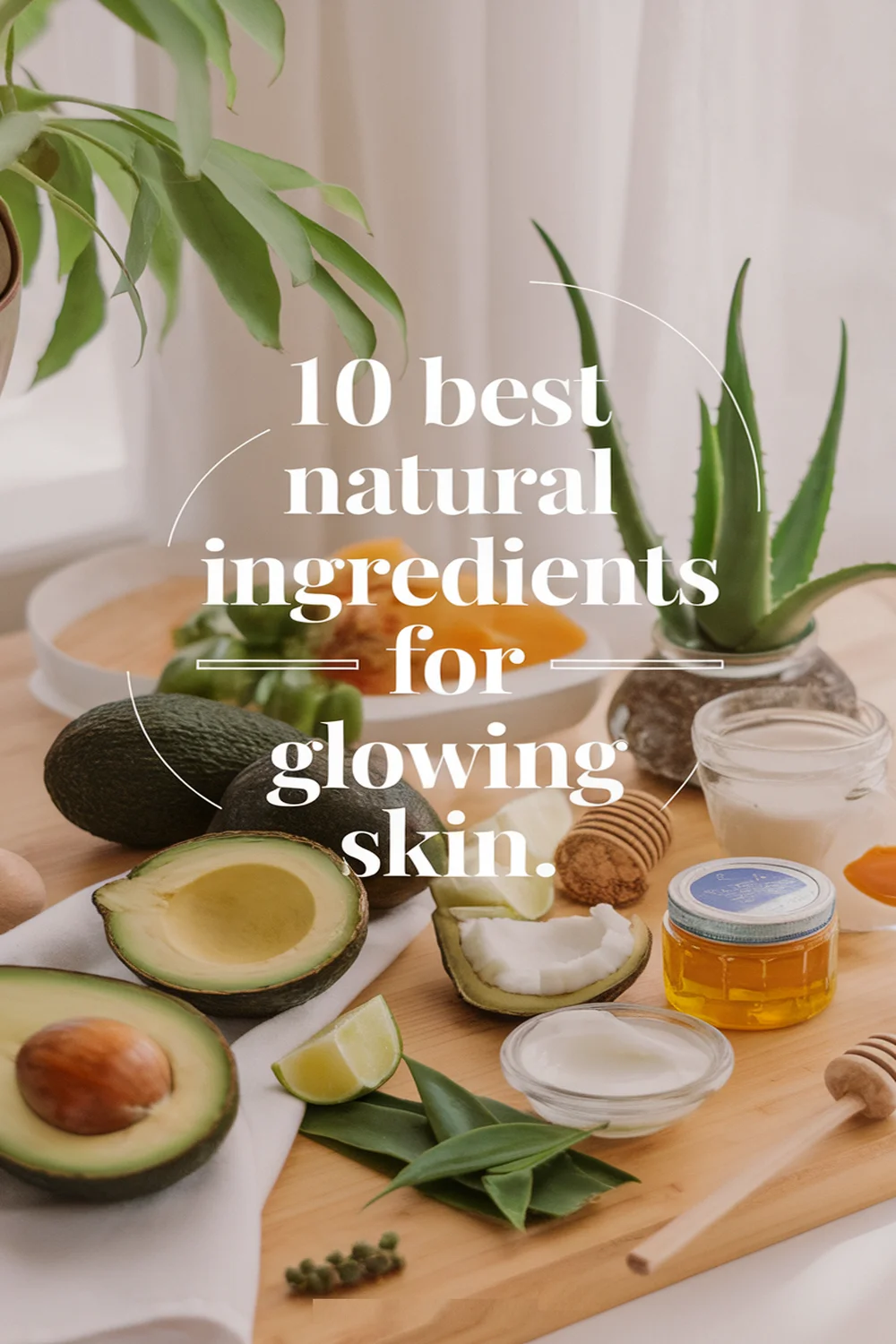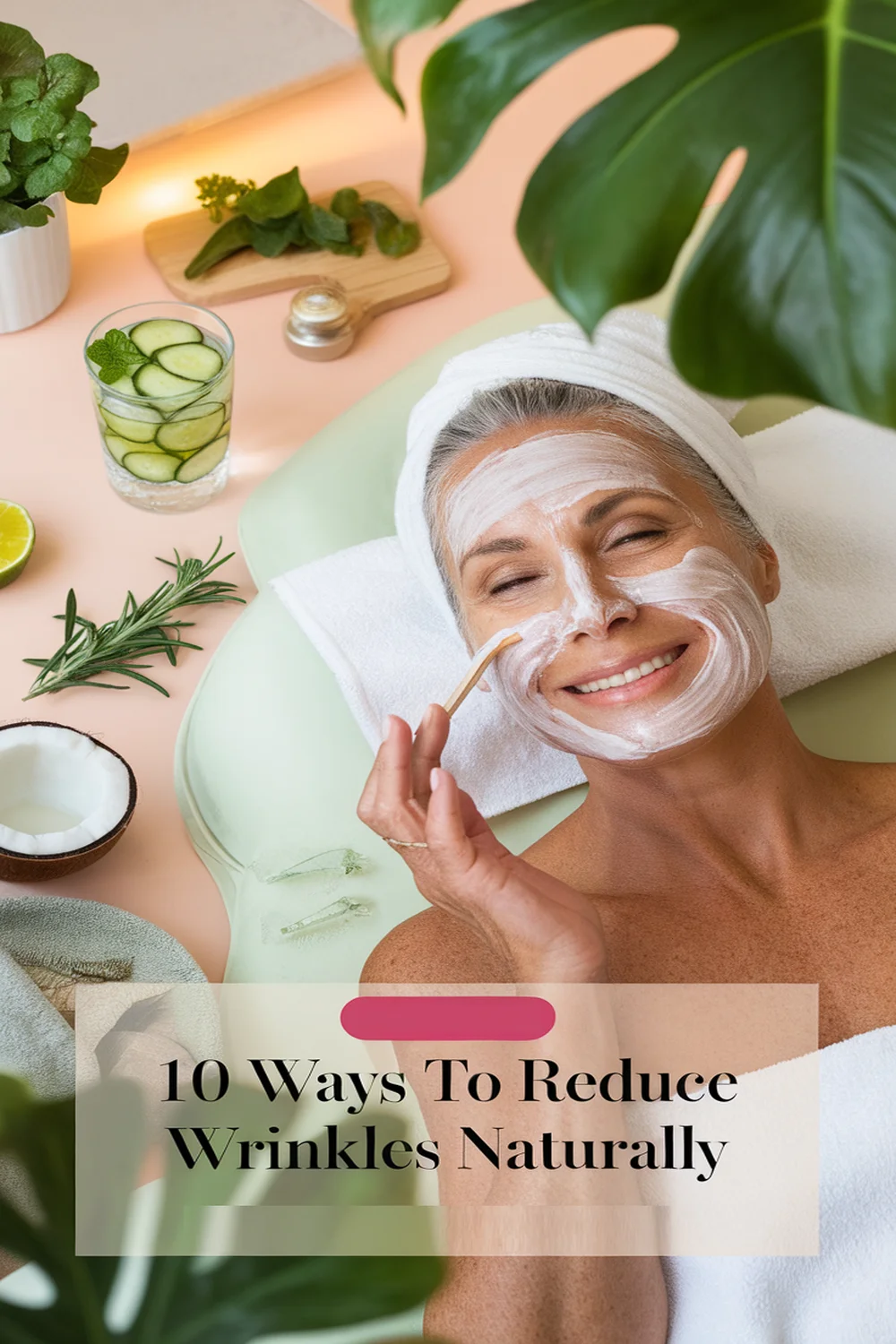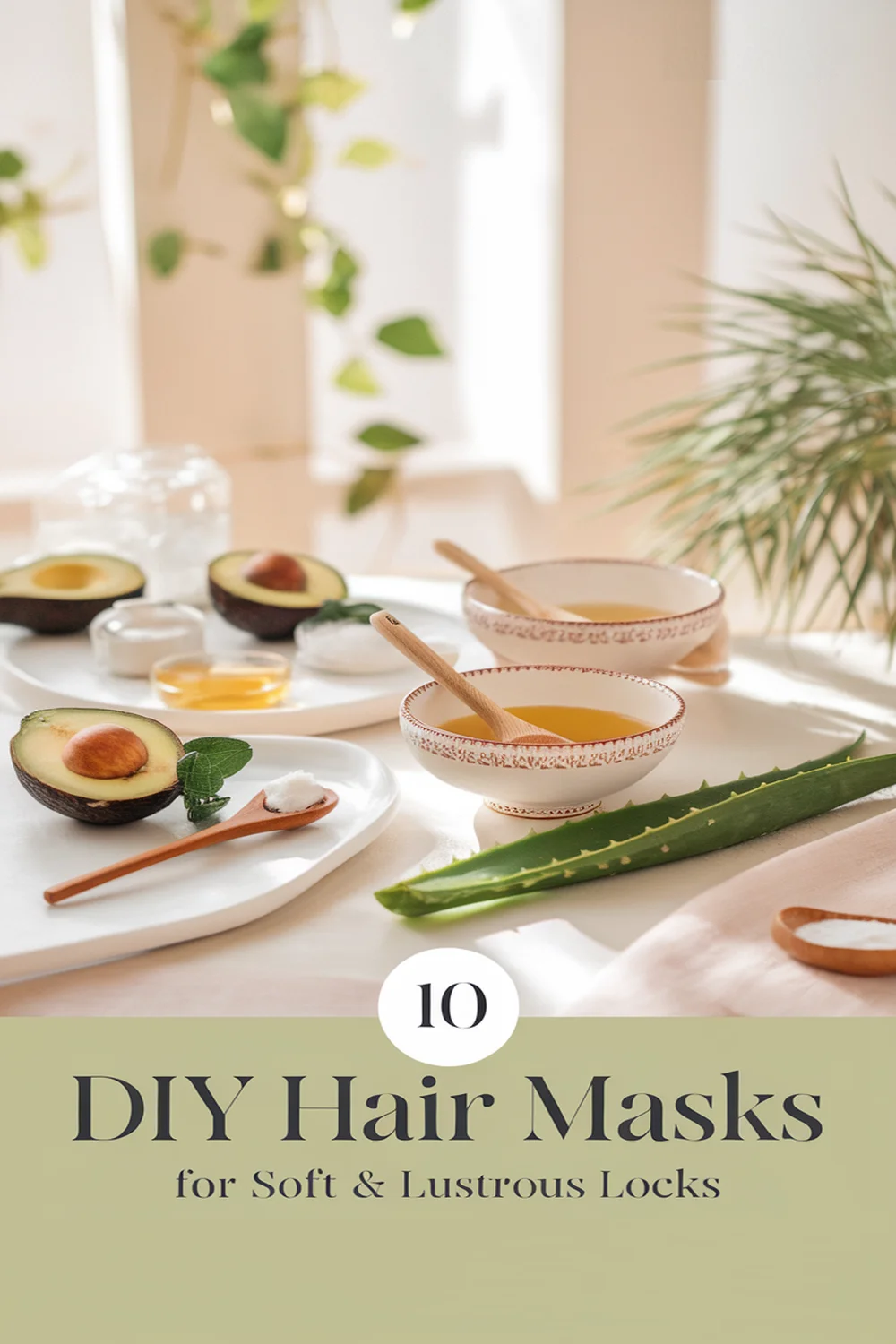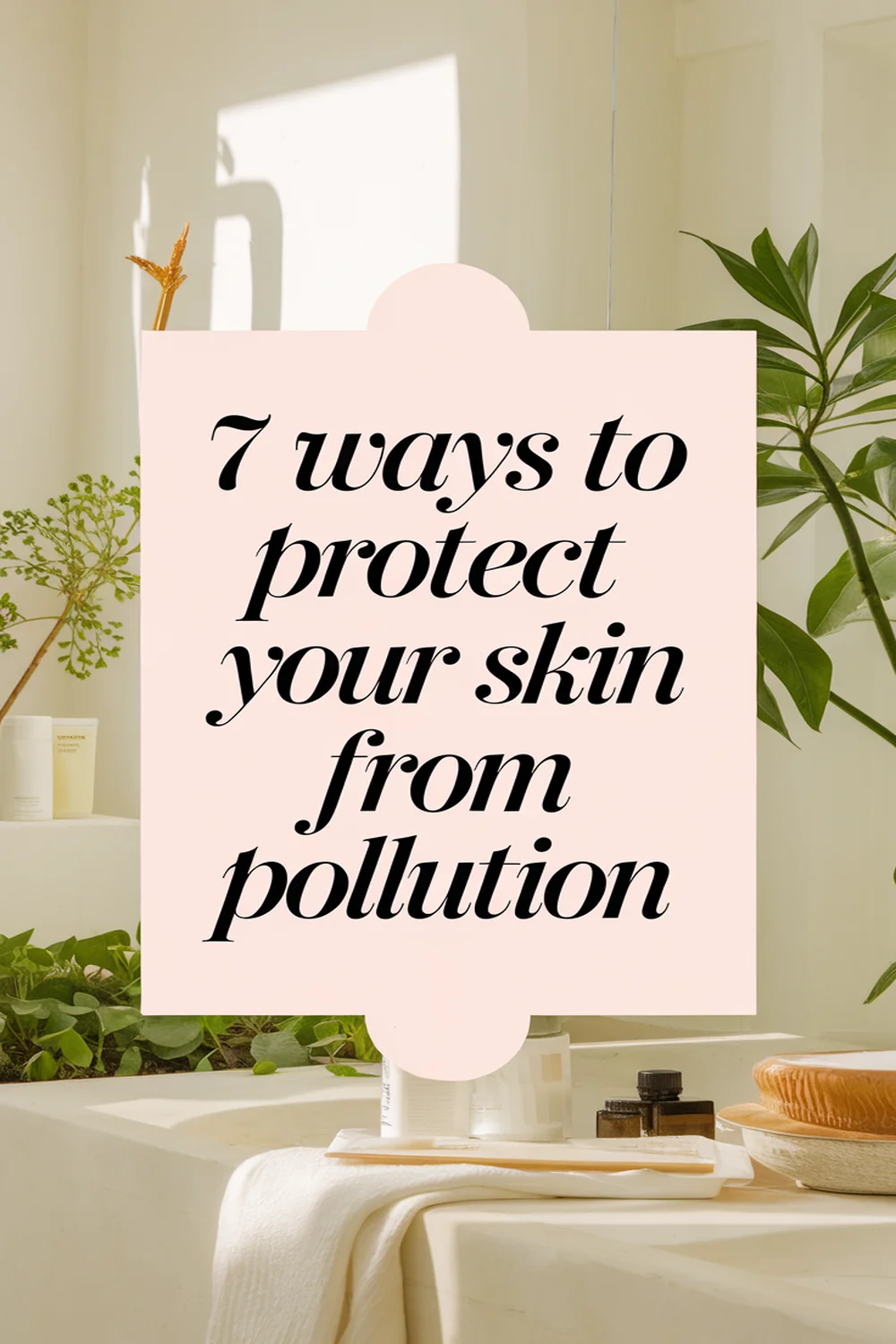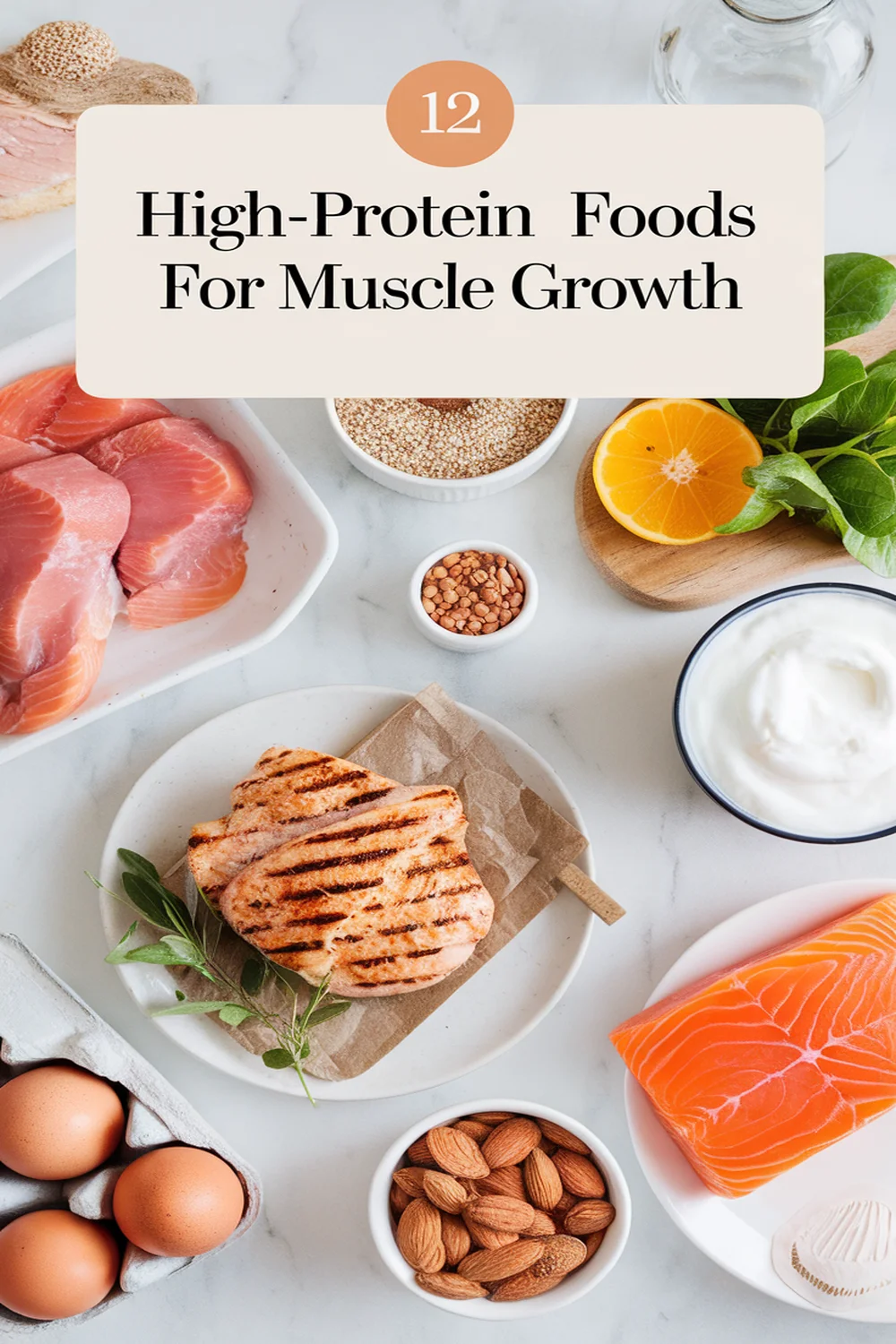Your skin shows clear signs it’s craving hydration. You might feel a tightness, notice flakiness, or see your makeup settling into fine lines. Dullness and increased sensitivity are common too. Environmental factors can irritate your skin, especially if you often use harsh cleansers. If you’re struggling with conditions like eczema or psoriasis, hydration is essential. You might find yourself reaching for moisturizer more often. Discover more about the specific signs to watch for.
Your Skin Feels Tighter Than Usual
When your skin feels tighter than usual, it’s often a sign that it’s lacking hydration. This sensation occurs due to decreased moisture levels in the stratum corneum, the outermost layer of your skin. When skin cells don’t retain adequate water, you experience an uncomfortable tightness, which can lead to further skin issues if not addressed. Environmental factors, such as low humidity or excessive sun exposure, can exacerbate this condition. Regularly applying hydrating products, like moisturizers containing hyaluronic acid or glycerin, can help restore moisture balance. Drinking sufficient water is essential, as internal hydration supports skin elasticity and barrier function. By recognizing and addressing this tight feeling promptly, you can maintain your skin’s health and avoid potential complications.
You Notice Flakiness or Peeling
Flakiness or peeling in your skin serves as a clear indicator that it’s in dire need of hydration. This occurs when your skin’s barrier is compromised, leading to moisture loss and dry patches. Studies show that a well-hydrated stratum corneum, the outermost skin layer, maintains elasticity and resilience. When hydration levels drop, skin cell turnover slows, causing dead skin cells to accumulate and result in flakiness. To combat this, increase your water intake, and consider incorporating a hydrating serum with hyaluronic acid or glycerin. These ingredients attract and retain moisture within the skin, promoting a smoother surface. Regular exfoliation can also help by removing dead cells, allowing better absorption of hydrating products, ultimately restoring your skin’s softness and texture.
Makeup Settles Into Fine Lines
If you notice your makeup settling into fine lines, it’s a sign that your skin may be lacking adequate hydration. Dehydrated skin loses its elasticity, which can lead to makeup accentuating imperfections rather than enhancing your look. You might feel frustrated when your efforts don’t achieve the desired results.
Consider these emotional responses:
- Insecurity about your appearance
- Frustration with makeup performance
- Disappointment in product effectiveness
- Fatigue from constant touch-ups
To combat this, incorporate hydrating products like serums or moisturizers into your routine. They replenish moisture levels, allowing your makeup to glide smoothly over your skin. By prioritizing hydration, you’ll help your skin look healthy and youthful, enhancing your overall makeup application.
Recommended Items
Discover our top picks for keeping your skin hydrated and glowing—let’s dive in!
Your Skin Looks Dull or Lacks Radiance
A lack of radiance in your skin often signals dehydration, as moisture is fundamental for a vibrant complexion. When your skin’s moisture levels drop, it becomes less able to reflect light, resulting in a dull appearance. Dehydrated skin often loses elasticity and may feel rough to the touch. Studies show that well-hydrated skin enhances cellular turnover and boosts overall liveliness. You might notice uneven texture and an increase in visible pores, making the skin look lifeless. To restore radiance, incorporate hydrating products containing hyaluronic acid, glycerin, or aloe vera into your skincare routine. Furthermore, drinking enough water is essential for internal hydration. By addressing these factors, you can revive your skin’s glow and achieve a more luminous complexion.
You Experience Increased Sensitivity
When your skin becomes increasingly sensitive, it often indicates a need for hydration. Sensitivity can manifest through various uncomfortable sensations, pointing to a compromised skin barrier.
You might experience:
- Redness and inflammation due to dryness
- Itching that interrupts your daily routine
- Burning or stinging when applying products
- Tightness that feels constricting and uncomfortable
These reactions signal that your skin is lacking essential moisture, making it more reactive to environmental stressors. Hydrating your skin can restore its balance and improve resilience. Incorporate a robust moisturizer, drink plenty of water, and consider humectants like hyaluronic acid to lock in moisture. Addressing sensitivity promptly can prevent further skin complications while enhancing your overall complexion.
You Have Frequent Breakouts
Frequent breakouts can signal that your skin is dehydrated. When your skin lacks moisture, it produces more oil to compensate, leading to clogged pores and acne. This imbalance disrupts your skin’s barrier function, making it more susceptible to inflammation and bacterial growth. Studies show that dehydrated skin can exacerbate acne issues, as the impaired barrier fails to protect against irritants. Additionally, dehydration can cause your skin to produce excess sebum, which contributes to the formation of blemishes. If you notice an uptick in breakouts, consider adjusting your skincare routine to include hydrating ingredients like hyaluronic acid or glycerin. Prioritizing hydration may help restore balance, reduce blemishes, and improve your overall complexion.
Your Skin Emits a Rough Texture
Rough-textured skin often indicates a need for hydration. When your skin feels uneven, it suggests a lack of moisture that can lead to a compromised skin barrier. This roughness can make it difficult for products to penetrate effectively, worsening the overall condition.
You might notice:
- Enhanced visibility of fine lines and wrinkles
- Dullness or lack of radiance
- Increased susceptibility to environmental stressors
- Difficulty in makeup application
Addressing this issue starts with implementing a consistent hydration routine. Incorporate hyaluronic acid and nourishing emollients into your skincare regimen. Drinking enough water also plays a vital role. By prioritizing hydration, you’ll improve your skin’s texture, making it feel smoother and look more vibrant. Don’t ignore this sign; your skin deserves it.
You See Redness or Irritation
If you notice redness or irritation on your skin, it’s often a clear indicator that your skin is craving hydration. Dehydrated skin struggles to maintain its barrier function, leading to inflammation and compromised defense against irritants. When your skin lacks moisture, it can become red and inflamed due to increased sensitivity and a weakened lipid barrier. This reaction may result from environmental factors, allergens, or even harsh skincare products that exacerbate the dryness. To combat this, incorporate a hydrating serum or a moisturizer with ingredients like hyaluronic acid or glycerin. These substances attract moisture to the skin, enhancing hydration levels and reducing redness. Addressing hydration needs can restore your skin’s balance and alleviate irritation effectively.
Showering Makes Your Skin Feel Dry
Experiencing dry skin after showers is a common sign that your skin lacks hydration. Hot water can strip your skin of its natural oils, leading to a feeling of tightness or discomfort. If you notice this after your showers, it’s a signal to reevaluate your hydration habits.
Consider these emotional impacts from dry skin:
- You might feel self-conscious about your appearance.
- It can lead to discomfort and itchiness.
- Your skin may appear dull and lifeless.
- It may hinder your confidence in social situations.
To combat this, try using lukewarm water, limit shower time, and apply moisturizer immediately after drying off. Keeping your skin hydrated is vital to overall health and your well-being.
Step-by-Step Guide to Hydrate Your Skin
You Notice Dark Circles Under Your Eyes
One significant indicator that your skin needs hydration is the appearance of dark circles under your eyes. This condition often occurs when moisture levels drop, leading to skin thinning and increased visibility of underlying blood vessels. Factors like lack of sleep and environmental stress can exacerbate the situation, but hydration plays an essential role in skin elasticity and firmness. Insufficient hydration can result in a dull complexion, making dark circles more prominent. To combat this issue, consider incorporating hydrating serums or creams specifically designed for the delicate under-eye area. Look for ingredients like hyaluronic acid and peptides, which can enhance moisture retention and improve overall skin texture. Staying well-hydrated internally also supports skin health and can diminish those unwanted circles.
Your Skin Tans Easily or Changes Tone
Dark circles aren’t the only signs of dehydration; your skin tanning easily or changing tone can also indicate a lack of hydration. When your skin isn’t sufficiently hydrated, it loses its ability to maintain an even complexion, resulting in excessive tanning or uneven skin tone. This can lead to increased pigmentation and make your skin look unhealthy.
Look out for these signs:
- Skin appears dull and lifeless
- Uneven patches form, especially after sun exposure
- Fine lines become more pronounced
- A heightened sensitivity to temperature changes
Ensuring your skin stays hydrated helps preserve its natural glow and uniform tone. Prioritize hydration to maintain healthy and balanced skin.
Environmental Factors Irritate Your Skin
Environmental factors, such as pollution, harsh weather, and UV radiation, can greatly irritate your skin and disrupt its natural hydration levels. These conditions can lead to increased dryness, redness, and sensitivity. Understanding how each factor impacts your skin can help you take protective measures.
| Environmental Factor | Effect on Skin |
|---|---|
| Pollution | Increases toxins, causes inflammation, and clogging of pores |
| Harsh Weather | Leads to moisture loss, resulting in a dull and tight feeling |
| UV Radiation | Accelerates skin aging and promotes dehydration and irritation |
You Often Use Harsh Cleansers
Harsh cleansers can exacerbate skin irritation caused by environmental factors. If you’re frequently using these products, you’re likely stripping your skin of its natural oils, leading to dryness and discomfort. When cleansing is too aggressive, it can compromise the skin barrier‘s integrity, heightening your skin’s need for hydration. Consider the following signs:
- Your skin feels tight or dry after washing.
- You’ve noticed increased sensitivity or redness.
- You experience breakouts despite frequent cleansing.
- The texture of your skin appears rough or flaky.
Switching to a gentle, hydrating cleanser can help restore balance and improve skin health. Remember, your cleanser shouldn’t leave your skin feeling parched; it should support hydration rather than strip it away.
You Struggle With Eczema or Psoriasis
If you struggle with eczema or psoriasis, you likely know that these chronic skin conditions can lead to severe dryness and irritation. This dryness often results from an impaired skin barrier, which hinders moisture retention. Studies indicate that individuals with these conditions may have reduced levels of ceramides, essential lipids that lock in hydration. Insufficient hydration exacerbates symptoms, promoting flakiness, redness, and itching. To manage your skin effectively, consider incorporating emollients and occlusives into your daily routine; these ingredients help restore the skin barrier and prevent moisture loss. Additionally, maintaining a consistent hydration regimen can greatly mitigate flare-ups, offering relief from discomfort and enhancing overall skin health. Addressing hydration isn’t just beneficial; it’s essential for managing eczema and psoriasis.
You Feel an Urge to Use Moisturizer Frequently
Have you noticed yourself reaching for moisturizer more often than usual? This urgency can indicate your skin’s need for more hydration. If you find yourself regularly applying moisturizer, pay attention to what your skin’s telling you:
- Tightness or discomfort after washing your face
- Flaking or peeling skin, particularly in dry areas
- Dullness that lacks your usual glow
- Increased redness or irritation after exposure to elements
These signs suggest that your skin’s barrier is compromised, possibly due to environmental factors or underlying conditions. Consistent moisturizing can help restore balance, but remember to choose products with effective ingredients like hyaluronic acid or ceramides to truly address your skin’s needs and improve its health.


